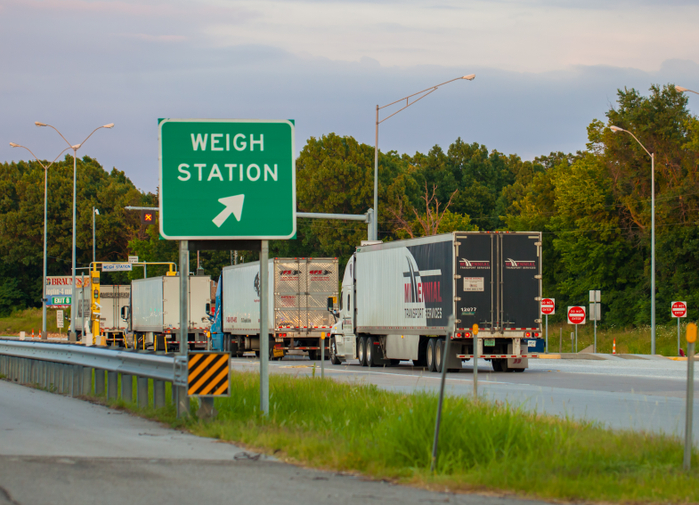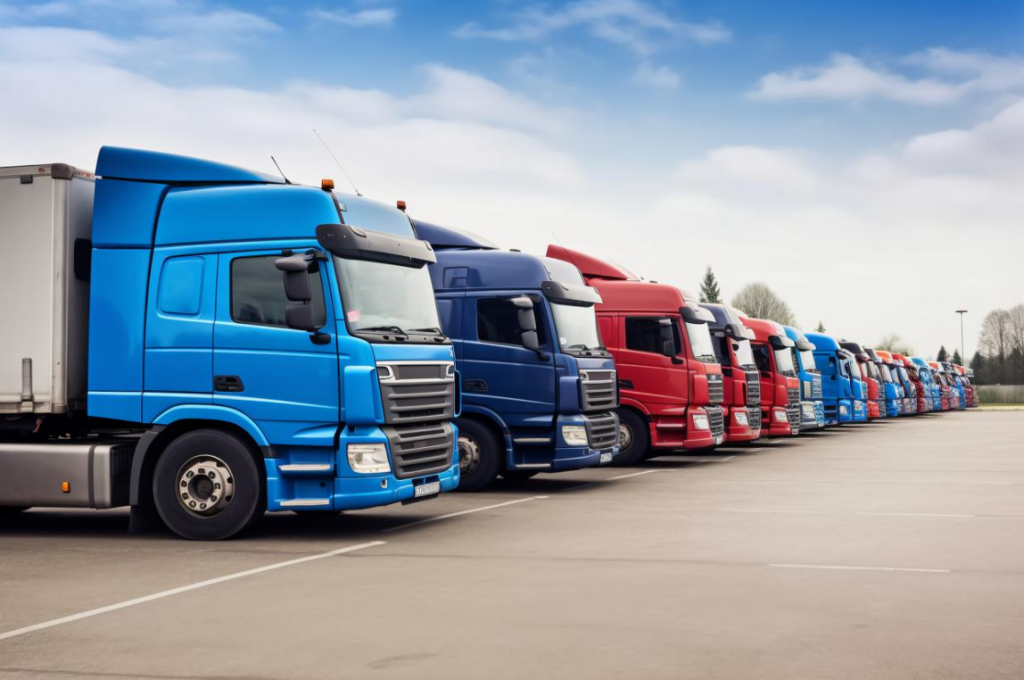Bincen truck scales, weighbridges, and belt scales are designed to optimize waste management operations. This helps reduce landfill burdens and minimize environmental impact. Our products are built to last, reducing the need for frequent replacements and minimizing waste generation. By ensuring accurate record-keeping, our solutions help you avoid costly fines and penalties.
Needs of the Waste Management Industry
- Precise weight data: Essential for compliance, optimization, and cost control.
- Efficient weighing: Fast and accurate to boost productivity and reduce costs.
- Data integration: To connect weighing data with other systems for analysis and decision-making.
- Durable equipment: To withstand harsh waste management environments.
- Regulatory compliance: Adherence to industry standards and regulations.

Application Scenarios of Products in the Waste Management Industry
- Landfill: Weigh trucks entering and leaving the landfill, accurately calculate the landfill volume, and optimize the use of landfill space.
- Recycling center: Weigh recyclables, calculate recycling value, and optimize the recycling process.
- Waste transfer station: Weigh different types of waste, classify and manage them, and improve processing efficiency.
- Hazardous waste treatment plant: Weigh hazardous waste to ensure safe transportation and treatment.

Bincen Related Products for Waste Management
Bincen’s Products Have Important Application Value in the Waste Management

Improve Weighing Accuracy and Efficiency
Truck Scale: Used to weigh the entire truckload of garbage to ensure that the load of the transport vehicle meets the regulations and prevent overloading.
Weighbridge: Can be used to weigh various types of waste, including solid waste and liquid waste, suitable for garbage transfer stations, landfills and other scenarios.
Belt Scale: Used to continuously weigh materials transported on the conveyor belt, suitable for garbage sorting, recycling and other links.

Optimize Operation Management
Data collection and analysis: Through weighing data, the amount of waste generated, composition, transportation routes, etc. can be analyzed to provide data support for optimizing operations.
Cost control: Accurate weighing data helps with cost accounting, optimizes transportation routes, and reduces operating costs.
Improve efficiency: An efficient weighing process can shorten vehicle stop time and improve work efficiency.

Meet Regulatory Requirements
Ensure the accuracy of weighing data: Meet the requirements of relevant metrology regulations to ensure the accuracy and reliability of weighing data.
Provide traceability: Weighing data is traceable, which is convenient for inspection and supervision by regulatory authorities.

Enhance Environmental Awareness
Promote resource recycling: Through accurate weighing data, garbage classification and recycling can be better carried out to maximize the utilization of resources.
Reduce environmental pollution: Accurate weighing data helps control the amount of waste disposal and reduce pollution to the environment.





